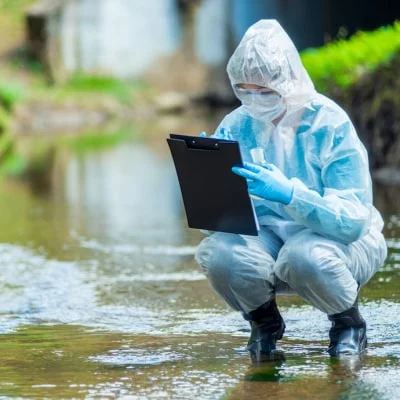Healthcare's environmental sustainability has become a pressing concern, with hospitals, clinical services, and the pharmaceutical industry identified as key contributors to environmental impact. Hospitals, in particular, are responsible for most greenhouse gas emissions, with the ICU being a significant consumer of resources like electricity, disposables, and pharmaceuticals. While most studies concentrate on these broad areas, pharmaceuticals are a significant source of greenhouse gas emissions. Within the pharmaceutical category, antimicrobials warrant special attention due to their multifaceted impact on the ecosystem.
Antimicrobial use within hospitals has well-documented effects on microbial ecosystems and resistance patterns. However, these drugs also exert significant impact beyond hospital boundaries. Antimicrobials are often excreted unchanged into hospital wastewater. Studies have detected numerous antibiotics in lakes globally, with France reporting elevated levels of certain antimicrobials in the environment, increasing the risk of selecting resistant bacteria. Hospital wastewater can carry antimicrobial-resistant bacteria and their genes, even if the bacteria are no longer viable, potentially perpetuating antimicrobial resistance in the environment. While wastewater treatment plants can remove some antimicrobials and resistant organisms, efficacy varies, leading to their release into the broader environment.
Antimicrobial pollution isn't solely attributed to human healthcare; animal healthcare, livestock production, aquaculture, and agriculture contribute significantly. The 'One Health' concept underscores the interconnectedness of human, animal, and environmental factors in antimicrobial resistance. When assessing antimicrobial impact, it's crucial to consider not only production resources but also removal efforts from hospital effluents and the environmental spread of drugs, resistant organisms, and genes.
While efforts to reduce the environmental impact of ICU care have focused on renewable energy, building performance, and resource optimisation, antimicrobials have not been a priority in most environmental sustainability plans. Many hospitals implement antimicrobial stewardship programmes to enhance antimicrobial use, aiming to reduce exposure and mitigate antimicrobial resistance (AMR) development, with clinical pharmacists playing a pivotal role. While these programmes primarily target AMR within hospitals, they also limit AMR spread in the broader ecosystem.
Optimising antimicrobial use in hospitals can extend benefits beyond hospital walls but necessitates integration with stewardship efforts in outpatient and community settings, as well as in animal health and agriculture, aligning with the One Health approach. Future strategies may involve more efficient hospital waste treatment to reduce antimicrobial emissions and the development of biodegradable antimicrobials, among other solutions.
Overall, antimicrobials present a unique environmental challenge due to their widespread release into the environment, contributing to the escalation of AMR. Beyond the resources involved in their production and administration, releasing these drugs, antimicrobial-resistant bacteria and resistance genes into the environment is a significant concern. Adopting a broader perspective beyond hospital settings and integrating antimicrobial stewardship efforts into a comprehensive One Health approach is crucial. ICU professionals must prioritise antimicrobial stewardship programmes and infection prevention and control measures to mitigate the emission of antimicrobials into the environment.
Source: Intensive Care Medicine
Image Credit: iStock







